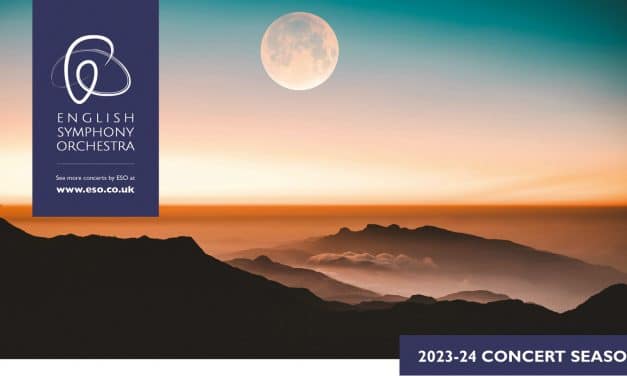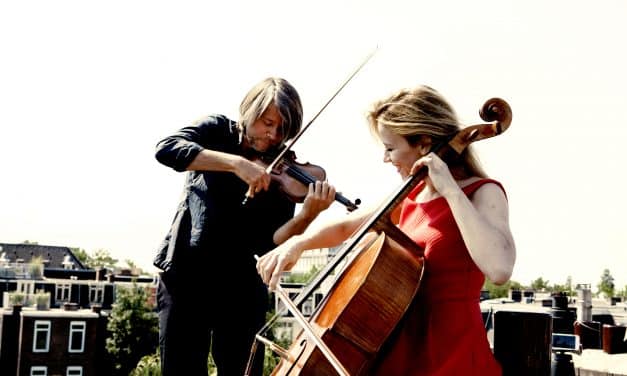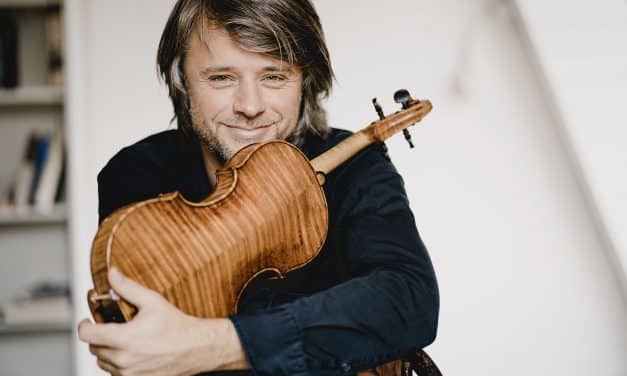Beyond the Horizon – Bristol
Our ‘Music for Humans’ Season continues with a programme that explores music’s power to capture and share moments of happiness, acts of love and kindness and feelings of common purpose and security.
At the heart of this programme is Samuel Barber’s masterpiece, ‘Knoxville: Summer of 1915’, his setting of a prose poem by James Agee. Composed by Barber shortly after World War II, Barber’s setting of Agee’s poem presents a child’s view of life and loss in a rural America that seems, on the surface, far removed from the brutality of the two World Wars. But Barber’s post-War perspective brings extra poignance to Agee’s text, putting to the fore not only the beauty of a world and a community in which a child feels safe and loved, but the tragedy of losing that.
Read More



